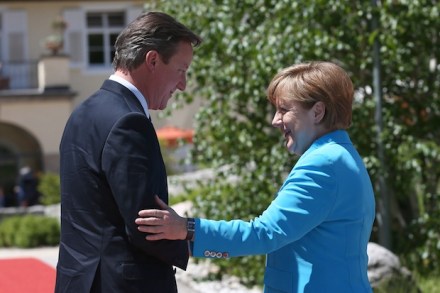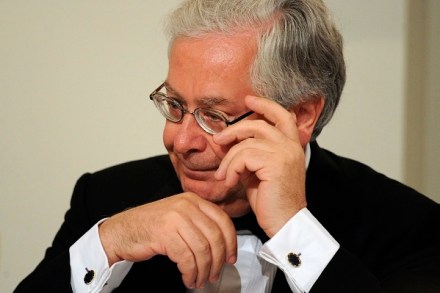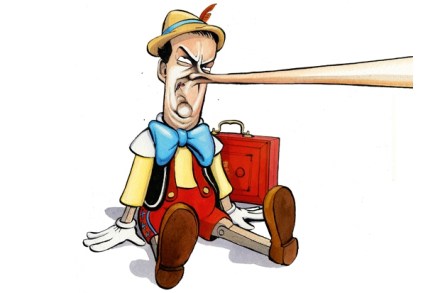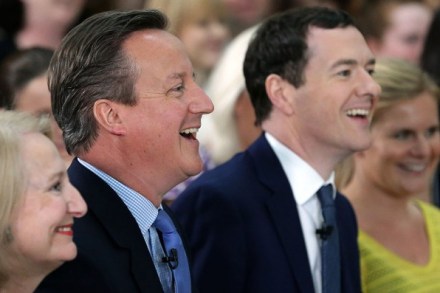Letters | 2 June 2016
Cameron’s bluster Sir: Peter Oborne is surely right that lying and cheating are now commonplace in the heart of government (‘The new dodgy dossiers’, 28 May). If David Cameron truly believed that exit from the EU would mean economic meltdown, a third world war and always winter but never Christmas, his decision to hold a referendum would be the most irresponsible act of statesmanship since Chamberlain signed the Munich agreement. But he doesn’t believe it. Something else entirely is bringing out his inner Pinocchio. Having promised a referendum at a time when a Tory majority in the Commons seemed unlikely, the personal political risk to Cameron must have seemed remote.



















